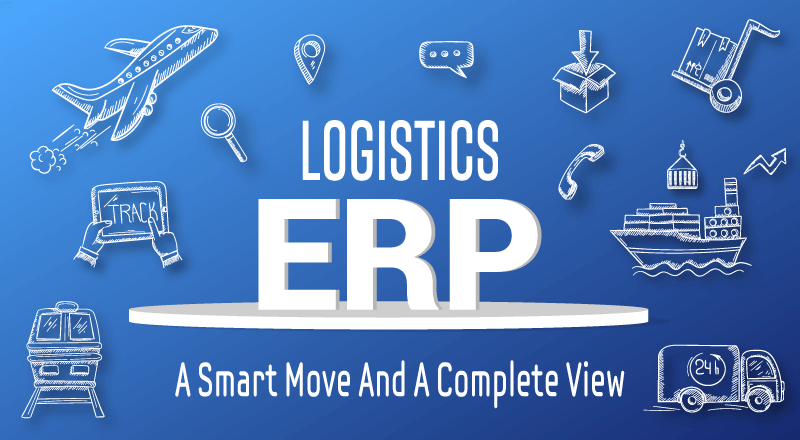7 ways erp benefits logistics and transportation?
Logistics and transportation play a crucial role in any business operation. Efficient management of these sectors can significantly impact the overall success and profitability of an organization. In this post, we will explore the various ways in which Enterprise Resource Planning (ERP) systems benefit logistics and transportation, helping businesses streamline their operations and enhance productivity.
Enhanced Inventory Management
With an ERP system specifically tailored for logistics and transportation, businesses can effectively manage their inventory. The system provides real-time visibility into stock levels, enabling companies to track their inventory accurately. This leads to improved order management, reduction in stock-outs, and efficient stock replenishment. By optimizing inventory management, businesses can minimize costs, prevent stock waste, and fulfill customer orders promptly.
Streamlined Supply Chain

An ERP system for logistics and transportation facilitates seamless integration of all processes involved in the supply chain. It helps in automating workflows, tracking shipments, managing warehouse activities, and coordinating with suppliers and distributors. This synchronization across the supply chain minimizes delays, reduces errors, and improves overall efficiency. Additionally, businesses can gain valuable insights into their supply chain operations, enabling them to make informed decisions and identify areas for improvement.
Optimized Route Planning
Inefficient route planning can result in increased fuel consumption, prolonged delivery times, and higher transportation costs. A logistics and transportation ERP system provides intelligent route optimization features that consider various factors such as traffic conditions, distance, and delivery schedules to generate the most efficient routes. This not only improves delivery speed but also reduces fuel usage and carbon emissions. By optimizing route planning, businesses can achieve significant cost savings and enhance their sustainability efforts.
Effective Fleet Management
Managing a fleet of vehicles efficiently is vital for logistics and transportation companies. An ERP system designed for this purpose helps in tracking and managing the entire fleet effectively. It enables businesses to monitor vehicle performance, schedule maintenance tasks, track fuel consumption, and manage driver records. By having real-time visibility into their fleet, companies can ensure optimal utilization, reduce downtime, and proactively address any issues. This ultimately leads to improved customer service and increased customer satisfaction.
Accurate Financial Management
Financial management is a critical aspect of logistics and transportation. An ERP system provides robust financial modules that integrate with the logistics processes. It allows businesses to track costs associated with transportation, calculate accurate freight charges, and manage invoicing and billing efficiently. By automating financial processes, businesses can ensure accurate financial reporting, streamline billing cycles, and improve cash flow.
In conclusion, an ERP system specifically designed for logistics and transportation offers numerous benefits for businesses. From optimizing inventory management and streamlining the supply chain to improving route planning, fleet management, and financial processes, it empowers organizations to enhance their operations and achieve higher levels of efficiency. Investing in a logistics and transportation ERP system is a smart move for any business looking to stay competitive in today's fast-paced market.